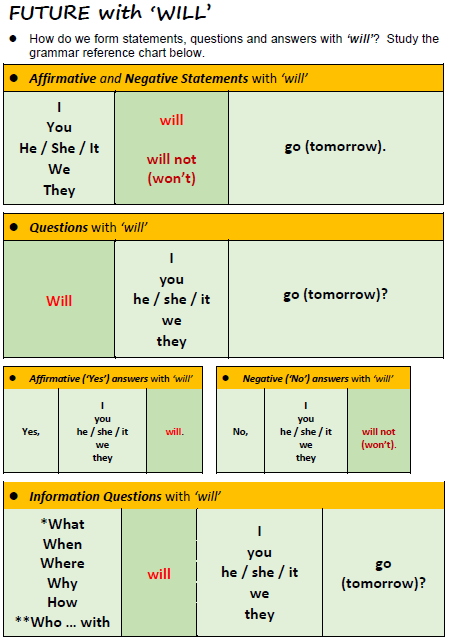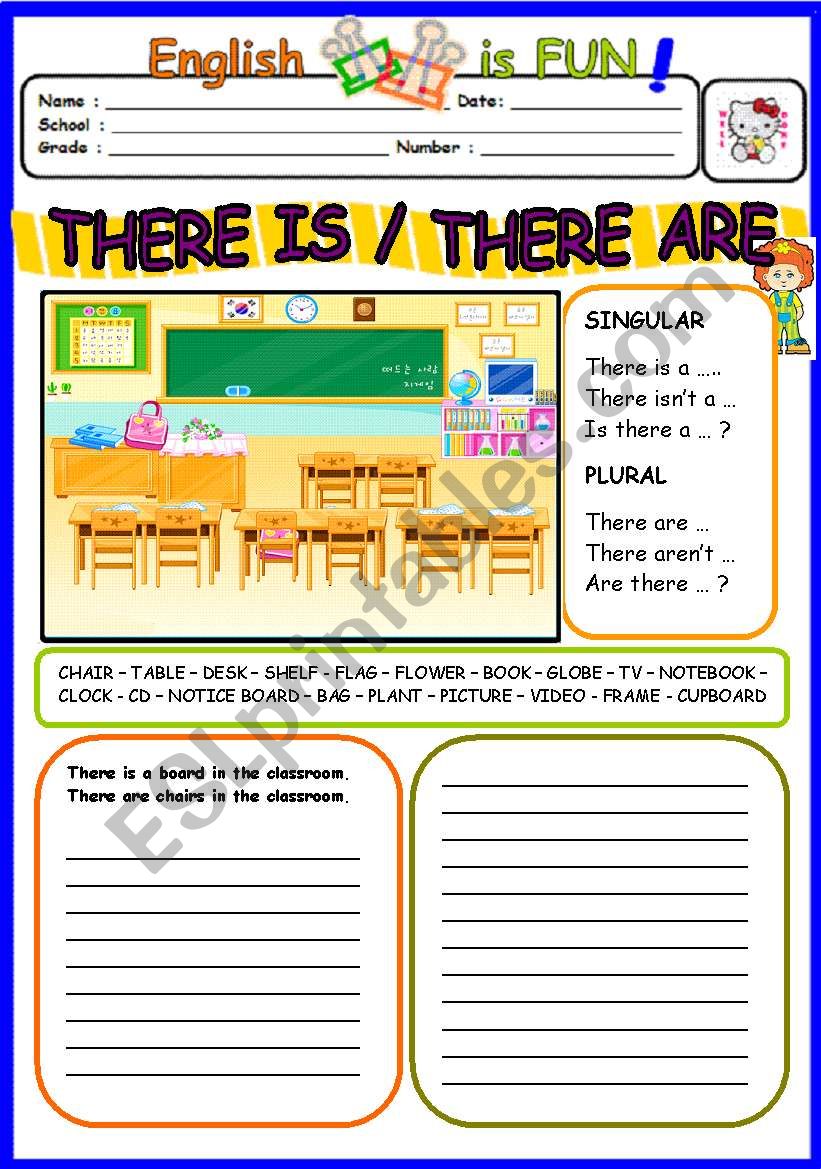EXPOSITORY TEXT
OBJECTIVE
By the end of the lesson, students should be able to understand and identify the structure and the characteristics of an expository text.
WARM UP
Read the following text

By Nicholas Klacsanzky
Though Yahoo (or properly written as Yahoo!) might not be as popular as it was in its formative days, its sites are still the 8th most popular on the internet. This internet pioneer is still known for its email, news page, and other services. With Yahoo being created in the early 1990s, it pushed the internet into new directions and offered users innovative services. In the following paragraphs, an exploration will be done in-depth about this pioneer company in terms of its history and development.
Jerry Yang and David Filo, both electrical engineering graduate students at Stanford University, created a website called “Jerry and David’s guide to the World Wide Web” in January of 1994. The website featured a directory of other websites that were searchable (Clark, Andrew). They added onto this directory with fervor, despite having to work on their graduate projects as well. The domain yahoo.com was officially created on January 18th of that year (“Computer History for 1995”).
However, by March 1994, the website was renamed “Yahoo!”. The Yahoo Directory was only edited by the creators at the time and was not edited autonomously through algorithms. This was the original purpose of Yahoo though: for humans to cater to humans traveling through the early days of the internet (Thomson, David G.). The term Yahoo is used not by accident. It is a backronym (an acronym made from a phrase whose initial letters spell out a word or words, to create a memorable name or as a fun explanation of a word’s origin) for “Yet Another Hierarchically Organized Oracle” or “Yet Another Hierarchical Officious Oracle” (“The History of Yahoo! – How It All Started…”). According to Lifewire, “Jerry and David said they liked the definition of a yahoo: “rude, unsophisticated, uncouth. “In the end, the word Yahoo! did roughly describe it as a web search directory”’ (Gil, Paul). Overall, you can tell the creators of Yahoo were having a good time with forming this innovative website.
Despite it being a pet project of two graduate students, Yahoo took off. According to Yahoo! Media Relations, “Jerry and David soon found they were not alone in wanting a single place to find useful Web sites. Before long, hundreds of people were accessing their guide from well beyond the Stanford trailer. Word spread from friends to what quickly became a significant, loyal audience throughout the closely-knit Internet community” (“The History of Yahoo! – How It All Started…”). In fact, in the fall of 1994, they had already accumulated one million hits and about 100 thousand unique visitors.
After seeing these numbers, Jerry and David approached venture capitalists and incorporated the business. As Yahoo! Media Relations states, “They eventually came across Sequoia Capital, the well-regarded firm whose most successful investments included Apple Computer, Atari, Oracle and Cisco Systems. They agreed to fund Yahoo! in April 1995 with an initial investment of nearly $2 million” (“The History of Yahoo! – How It All Started…”). And after getting funded, they sought out a management team. They hired two veterans of the market: Tim Koogle and Jeffrey Mallet.
After receiving the second round of funding in the fall of 1995, Yahoo launched an IPO (initial public offering) in April of 1996. At the time, they had 49 employees. Fast forward to the early 2000s, and Yahoo was the number one Internet brand globally. However, after the late 2000s, it gradually declined in influence. Google gained ground with a cheaper workforce and better models for search engines and directories (“The History of Yahoo! – How It All Started…”).
Yahoo was the first company of its kind: a popular directory leading users to the best sites on the internet. It grew to be a worldwide phenomenon in mail, news, searches, images, and more. However, after wrestling over the market with Google for close to a decade, Google ultimately overcame its power, and now Yahoo remains a respectable 8th place in most-used websites.
When was Yahoo created?
Which are the Yahoo´s services?
Who were the Yahoo´s creators?
What was the Yahoo´s initial name?
Explain the Yahoo´s origen
GRAMMAR
EXPOSITORY TEXT
When we read fiction novels, we are taking in narrative text. This type of text tells a story and generally uses a lot of emotion. The opposite of this is expository text, which exists to provide facts in a way that is educational and purposeful. The text is fact-based with the purpose of exposing the truth through a reliable source. True and deliberate expository text will focus on educating its reader. Other descriptors of exposition are clear, concise, and organized writing. Expository text gets to the point quickly and efficiently.
Examples
Expository text is information-based text. Some common examples are:
Textbooks
News articles
Instruction manuals
Recipes
City or country guides
Language books
Self-help books
The following text structures can be found in both narrative and expository text:
- description - main idea and details
- sequence of events - order in which things happen
- effect - the results of specific actions
- enumeration - a listing of terms in no specific order
- problem/solution - problem and one or more solutions
- classification - dividing into categories
- compare/contrast - looking at likenesses and differences
Write the meanings in English of the following words
sites ____________________________________________________
pioneer _____________________________________________________
brand _____________________________________________________
users _____________________________________________________
depth _____________________________________________________
feature _____________________________________________________
domain _____________________________________________________
cater _____________________________________________________
uncouth _____________________________________________________
investments ___________________________________________________
Write a sentence with each one of the previous words.
READING
Reading the following text and identify the characteritics and structure of a expository text in it. Make the activity in group of three students.
SPEAKING
Each group presents its conclusions


























